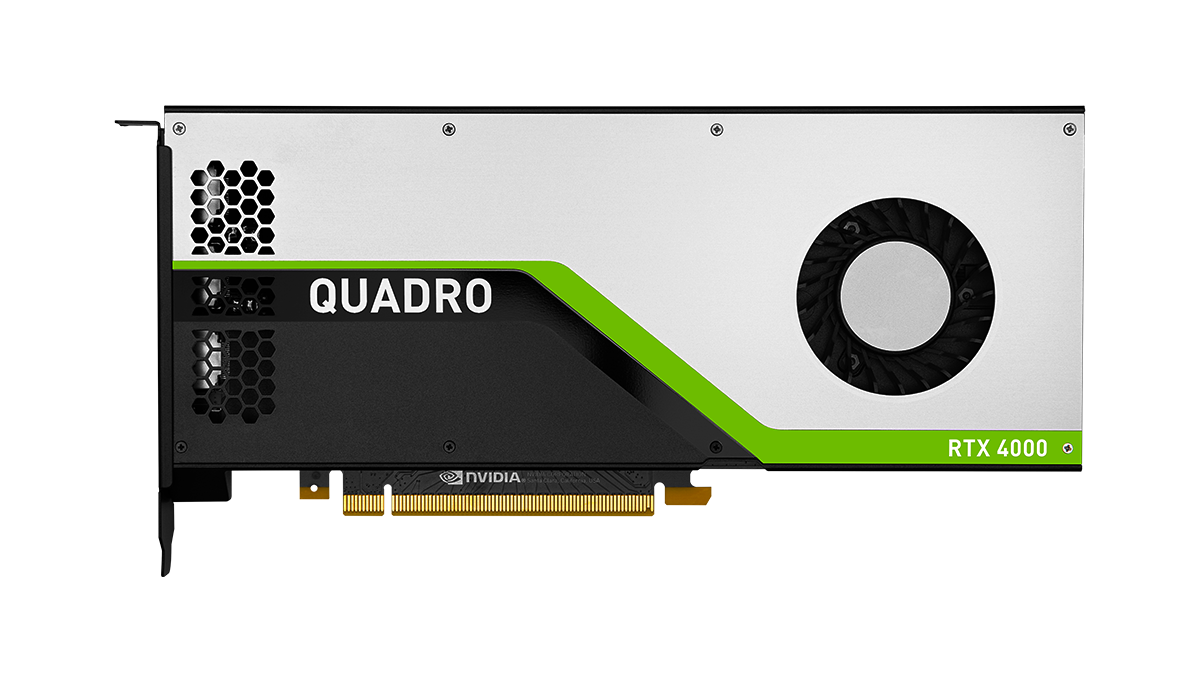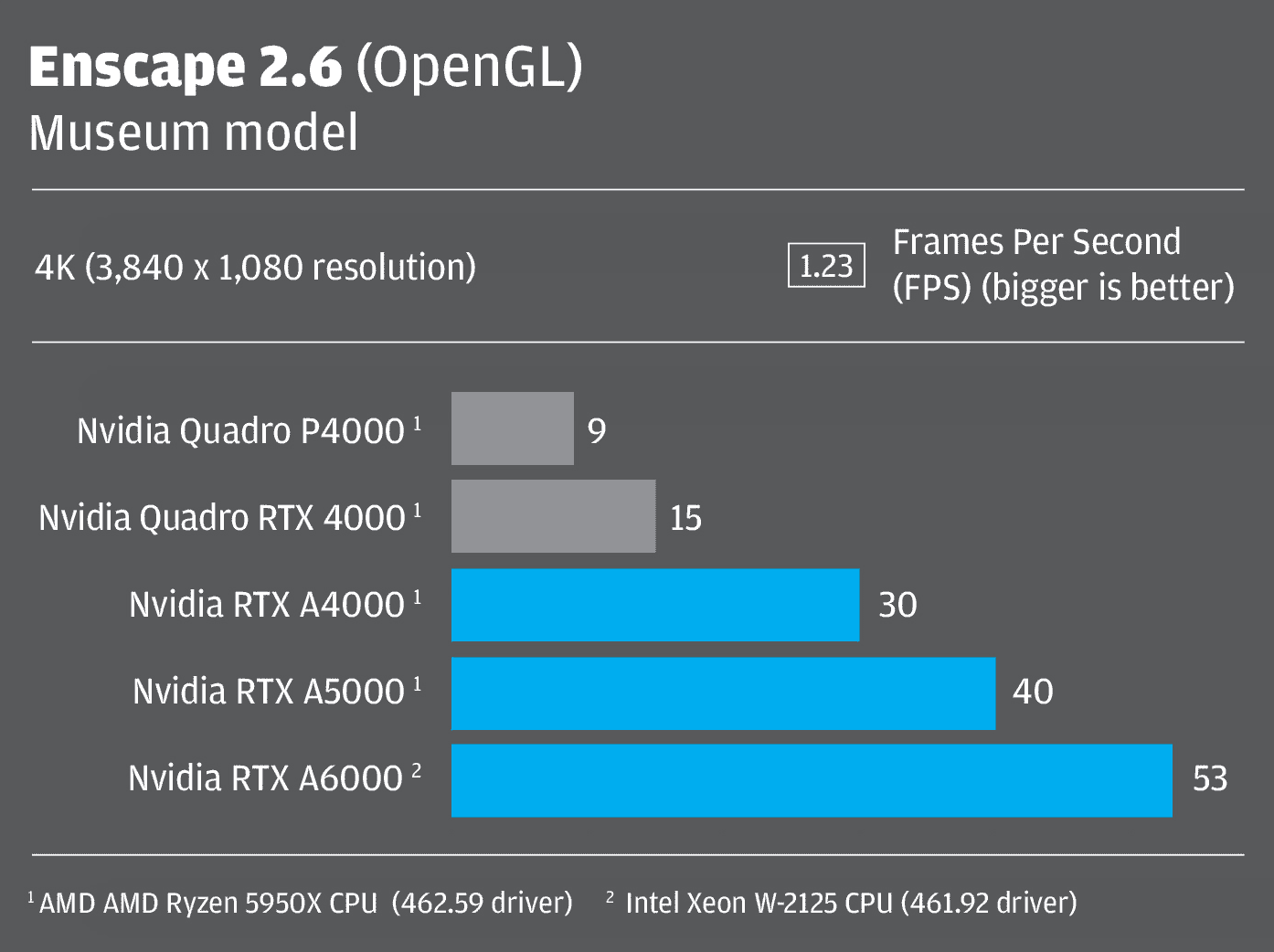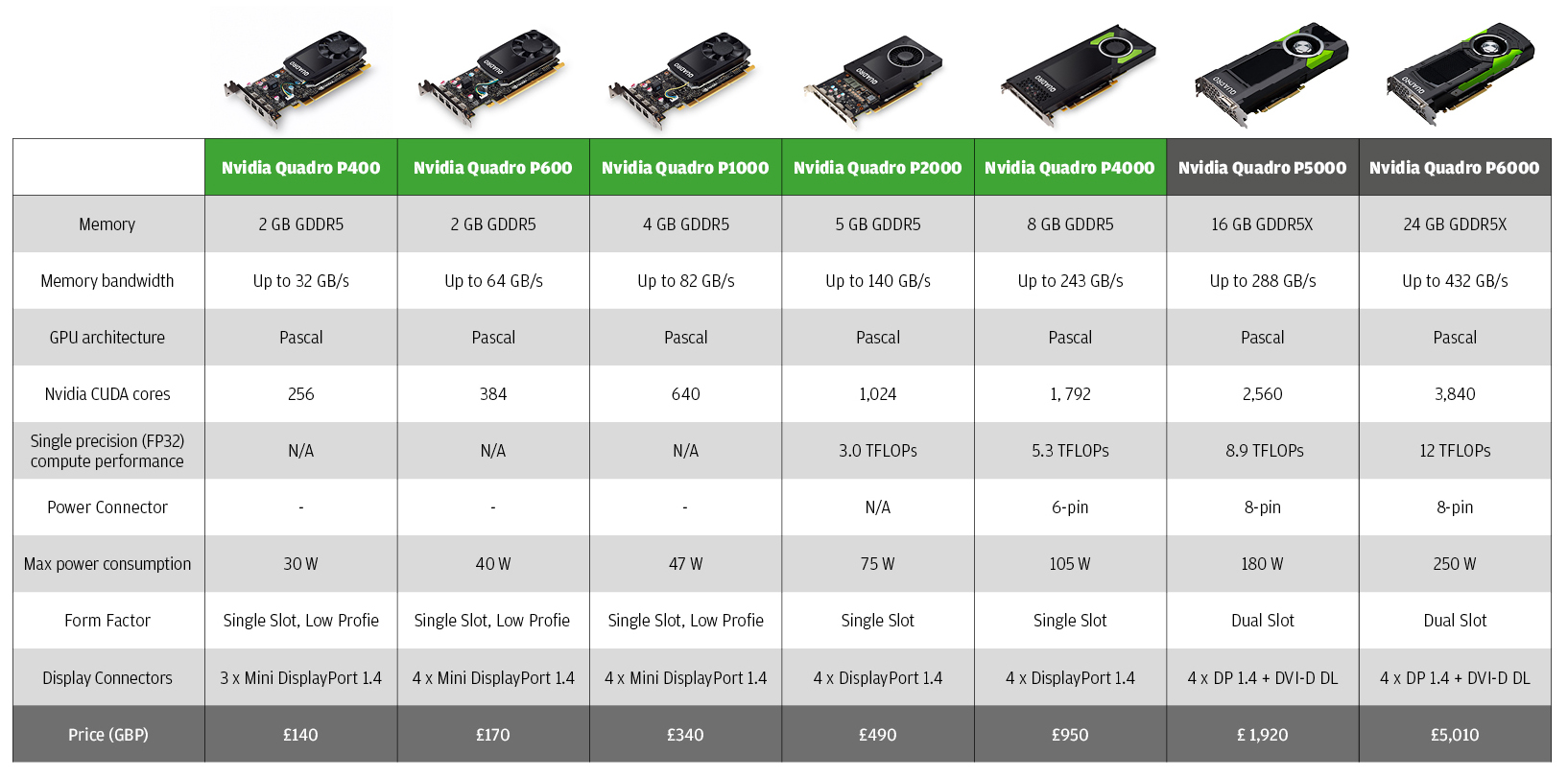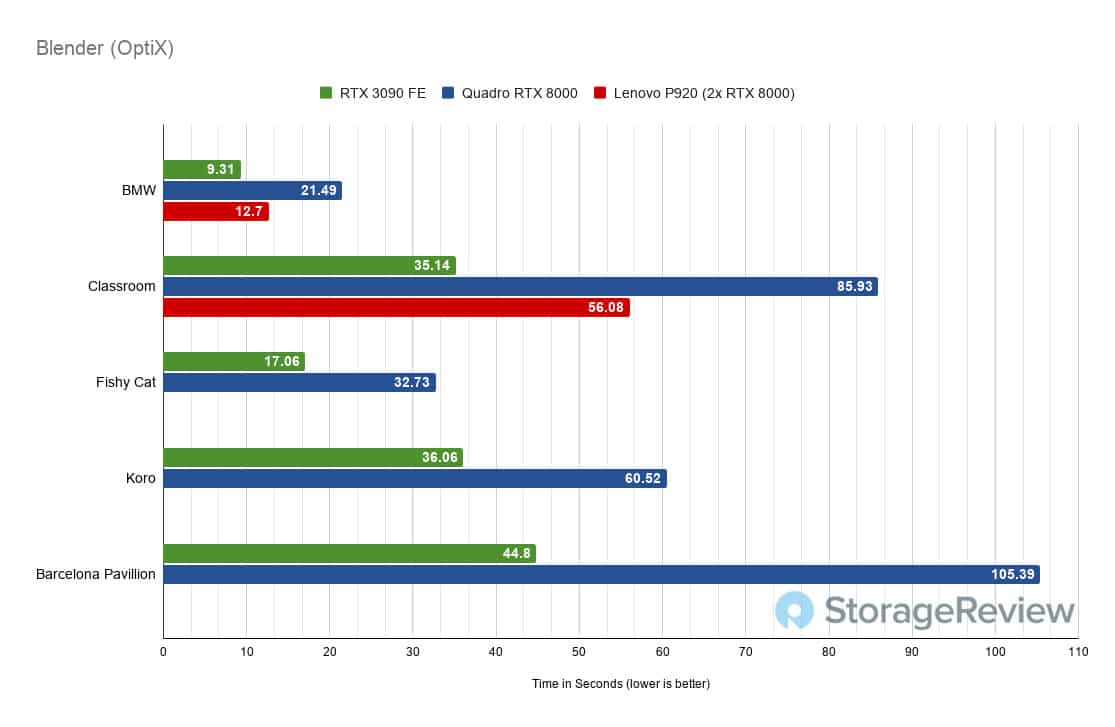Roads & PavementRoads & Pavement
Barefoot
Minimal
Low
Medium
High
Maximal
All around running shoes offer comfort and cushioning for daily runs, jogs, walks, and long mileage. They offer enough versatility for both faster and slower runs and are a great option for those who want one running shoe to do it all.
Fast run or uptempo running shoes are lightweight and responsive. They offer streamlined designs that have minimal uppers and offer a high level of energy return. These shoes are a great option for faster runs in the week or those looking for a livelier experience.
Max Cushion shoes offer premium cushioning with ample ground protection and a stable ride. These types of shoes provide abundant impact protection that softens landings while running at any pace or distance. These types of shoes are best for slower recovery runs and easy days where comfort takes priority.
Racing shoes are designed with optimal performance in mind. These types of shoes have snug-fitting uppers, energetic midsole foams, and features implemented for maximum efficiency. These types of shoes are best for runners looking to gain the ultimate advantage in races but may sacrifice some durability and comfort.
Gym Workout shoes offer a stable and versatile ride. They have a firmer underfoot feeling that provides stability for lateral movements with comfortable uppers. These types of shoes are best for trips to the gyms, cross training, casual wear, and light running. Nvidia RTX A4000 RTX A5000 review AEC Magazine
Road running shoes feature smooth outsoles that are designed for running on paved surfaces such as roads, sidewalks, and bike paths.
Designed to handle most trail runs, these shoes prioritize comfort and a smooth ride. These shoes are great for anything from smooth singletrack, park trails, and fireroads making them ideal for those who run from their doorstep on streets before hitting the trail.
These shoes are best used for hard, rugged trails such as shale, granite or sandstone where grip on smooth surfaces and underfoot protection are important.
Designed for use in muddy, soggy conditions, these shoes feature very aggressive outsoles that dig deep into soft ground for exceptional traction.
These shoes feature technical outsoles designed to grip snowy and icy trails making them ideal for winter trail running.
Cushioning level, or stack height, refers to how much shoe is between your foot and the ground. For this category, we reference the amount of cushioning below the forefoot as the heel height will be equal to or greater than the forefoot height.
How NVIDIA Quadro RTX technology is transforming architectural
0-13mm. The Shoe generally does not have a midsole and feels like there is no cushioning. This shoe is all about feeling the ground underfoot.
14-18mm. The shoe has a thin midsole that allows for a natural running experience. Racing shoes and minimalist shoes are common here. These shoes offer a feeling of being connected to the road or trail.
19-23mm. The shoe has a slightly cushioned feel and may feature added cushioning technologies. Performance training shoes and some trail shoes are common here. These offer protection during footstrike but prioritize a lightweight, grounded experience.
24-28mm. These shoes have a stack height that fall near the middle of the spectrum.The shoes in this category are verstaile and great for all types of runs and distances.
29-34mm. The shoe has a thick midsole and ample cushioning. These shoes are highly protective and absorb more impact than the body.
35mm plus. The shoe has an extremely thick midsole and extra cushioning. The focus is on protection and soft foam underfoot with hardly any ground feel.
Neutral shoes support the foot through a normal range of arch collapse and generally do not have a built-in technology to correct movement.
Stability shoes are a great option for those who overpronate or need added support. These shoes help to limit the inward rolling motion of the ankle while running or walking and assist in guiding the foot straight through the gait cycle. NVIDIA Announces Quadro P4000 P2000 P1000 P600 P400
Product Details:
Product News Leadtek shop, NVIDIA GeForce RTX Performance In OctaneRender Redshift V Ray shop, Group test Nvidia Quadro Titan and GeForce RTX GPUs CG Channel shop, Nvidia Quadro p2000 4GB vs Gtx 1070 8GB Windows Hardware shop, NVIDIA Quadro RTX for Rendering shop, NVIDIA Quadro vs GeForce What Is The Difference Guide shop, PC desktop system recommendations for rendering with GPU renderers shop, Review Nvidia Quadro M2000 GPU for CAD Iray rendering DEVELOP3D shop, Product News Leadtek shop, Nvidia quadro vs Geforce for videoediting Adobe Community 13445672 shop, Group test Nvidia Quadro Titan and GeForce RTX GPUs CG Channel shop, Quadro Wikipedia shop, Product Review NVIDIA RTX A2000 GPU for Workstations Page 2 of shop, Quadro RTX GPUs in the Data Center NVIDIA shop, NVIDIA Quadro K6000 Rendering Benchmarks Computer Graphics Daily shop, Pro vs. Consumer GPUs What s the difference Why so expensive shop, Nvidia RTX A4000 RTX A5000 review AEC Magazine shop, NVIDIA GeForce RTX 3090 vs Quadro RTX 8000 Creative Professional shop, Review Nvidia Quadro P2000 and Quadro P4000 for CAD viz VR shop, NVIDIA Announces Quadro P4000 P2000 P1000 P600 P400 shop, How NVIDIA Quadro RTX technology is transforming architectural shop, Nvidia RTX A4000 RTX A5000 review AEC Magazine shop, Previous Generation Desktop Graphics Cards NVIDIA Quadro shop, NVIDIA GeForce RTX Performance In OctaneRender Redshift V Ray shop, GPU Rendering NVIDIA RTX 6000 Ada Performance Puget Systems shop, GF RTX 4090 Vs. QUADRO RTX 4000 Technical Support Blender shop, GPU acceleration shop, NVIDIA GeForce RTX 3090 vs Quadro RTX 8000 Creative Professional shop, NVIDIA Quadro P620 Low Profile Low Power Graphics Card Review shop, Premiere Pro CC 2017 NVIDIA Quadro Pascal Performance Puget shop, Group test Nvidia Quadro Titan and GeForce RTX GPUs CG Channel shop, RTX QUADRO 4000 vs RTX 3080 for workstation r nvidia shop, NVIDIA Quadro P2200 Professional GPU Review Page 4 of 6 shop, The graphic truth Is it worth paying more for NVIDIA Quadro and shop, Nvidia Quadro RTX 4000 review DEVELOP3D shop, Nvidia Quadro RTX 4000 review DEVELOP3D shop, NVIDIA Quadro P4000 vs GeForce GTX 1070 3D Rendering Siemens NX Catia shop, NVIDIA GeForce RTX 3090 vs Quadro RTX 8000 Creative Professional shop, GeForce vs Quadro What s the Difference Boxx Blog shop, NVIDIA GeForce RTX 3090 vs Quadro RTX 8000 Creative Professional shop, NVIDIA Announces RTX Studio Laptops 16GB Mobile Quadro RTX 5000 shop, NVIDIA Quadro 400 VS GTX560ti By CompleteTV shop, NVIDIA GeForce RTX 3090 vs Quadro RTX 8000 Creative Professional shop, NVIDIA GeForce RTX 3090 vs Quadro RTX 8000 Creative Professional shop, What s the Difference Between GeForce and Quadro Graphics Cards shop, Geforce vs Quadro for 3D Animation and VFX work shop, Nvidia Geforce vs Quadro Derivative shop, What s the Difference Between GeForce and Quadro Graphics Cards shop, Older Quadro or GeForce GTX 1080 for 3D Work shop, Geforce vs Quadro What s the Difference Velocity Micro shop, Product Info:
Gtx vs quadro rendering shop.
- Increased inherent stability
- Smooth transitions
- All day comfort
Model Number: SKU#7381027





